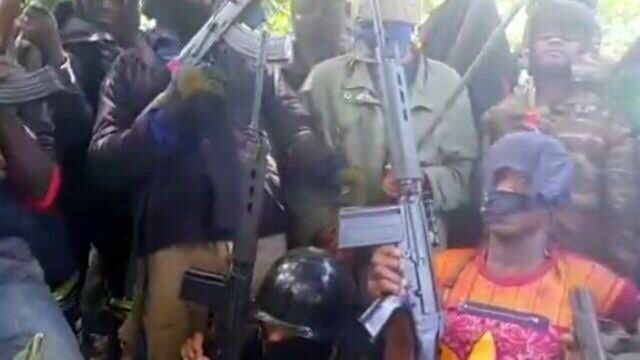
The Economic Community of West African States (ECOWAS) has called for investment in conflict prevention in member states, putting its estimated cost at over $2.6 billion.
President of the ECOWAS Commission, Omar Alieu Touray, said this in his address on implementing the community work programmes at the ongoing first ordinary session of the ECOWAS parliament in Abuja on Wednesday.
Mr Touray said deploying the ECOWAS standby force to fight against terrorism and unconstitutional government changes in the region had expensive options.
“On the regional action against terrorism, we have been advised by experts from the national security agencies to prioritise the deployment of assistance to existing regional arrangements,” the ECOWAS official stated.
He added, “Among the arrangements are the Accra Initiative, the G5 Sahel, and the Multinational Joint Task Force, all within the framework of the ECOWAS Action Plan. The Concept of Operations for the deployment of ECOWAS Standby Forces to fight against terrorism and unconstitutional changes of government has two options.”
According to him, option one provides for a Brigade of 5,000 personnel with its structure, composition, and the necessary logistics to conduct kinetic operations. Its estimated annual cost is $2,253,862,306.00.
“Option two consists of the deployment of critical capabilities in support of affected member states upon request with an estimated annual cost of $352,833,334.00. The overall estimated cost is $2,606,695,640,” he stated. “This shows the cost involved in security and reminds us of the need to invest in conflict prevention.”
The president also said the commission was working with the national commissions on small arms in the region’s efforts to tackle the proliferation of small arms and light weapons.
He, however, said the Authority of Heads of State and Government gave directives regarding enhancing the role of the ECOWAS standby force for deployment to fight terrorism and anti-constitutional changes in government.
In his response to questions raised by some parliamentarians on the security situation, Mr Touray said there were several drivers, including terrorism, unconstitutional change of government, organised crime, armed rebellion, and environmental crisis, among others.
“These drivers account for the food insecurity our region is facing. So, food insecurity goes hand in hand with general insecurity. In my view, certainly, we are not self-sufficient in food,” said Mr Touray. “But our inability to provide food security is mainly related to the insecurity that we are facing in the area of peace.”
He added, “To summarise, we have indicated that we are working to revitalise our regional standby force so that they can support member states to respond to the threats of terrorism as well as threats posed by unconstitutional change of government.”
(NAN)


